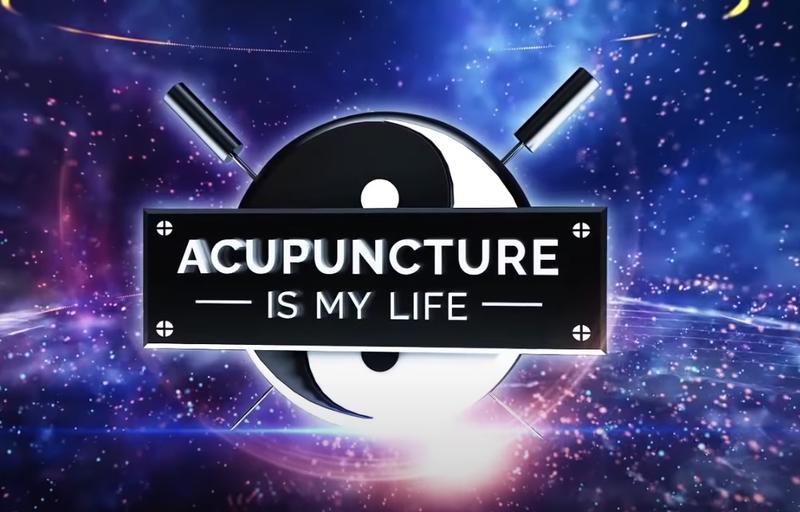The Heart in Acupuncture
The Heart in Acupuncture

Hello everyone, I’m Doctor Lott I’m your educator from Acupuncture is my Life. Today I’d like to discuss the functions of the heart in acupuncture and Chinese medicine.
The heart is considered the most important of all the internal organs. Sometimes it is described as the ruler, emperor, or monarch of the internal organs. The heart’s main functions are to govern blood and blood vessels and to house the mind which represents the body’s shen. Shen in this case relative to Chinese medicine can be used in two different contexts: First, in the narrow sense, shen indicates the complex of mental faculties that are said to reside in the hea.rt. In this sense, the shen corresponds to the mind and is specifically related to the heart. Secondly, in a broad sense, shen is used to indicate the whole sphere of the mental and spiritual aspects of a human being. In this sense, it is related not only to the heart but also encompasses the mental and spiritual phenomena of all the other organs, notably the yin organs.
The functions of the heart in which I plan to cover are…one, the heart governs blood, two, the heart controls the blood vessels, three, how the heart manifests in the complexion, and four, how the heart houses the mind.
Let’s begin with the heart governing blood; the heart governs blood in 2 ways:
The transformation of food Qi takes place in the heart.
The heart is responsible for the circulation of blood just the same as in western medicine.
A healthy heart is essential for a proper supply of blood to all the body tissues. When its function is impaired, the circulation of blood is slack and the hands may be cold. The relationship between heart and blood is important in another way as it determines the strength of the constitution of an individual. Although our constitution is primarily related to the essence and the kidney, it is also partly determined by the relative constitutional strength of the heart and blood. if the heart is strong with blood in ample supply, and its circulation is good, a person will be full of vigor and have a good constitution. If the heart is constitutionally weak and blood is deficient, a person will have a poor constitution and lack strength.
Now let’s talk about how the heart controls the blood vessels:
As the heart governs blood it also naturally controls the blood vessels. The state of the heart’s energy is reflected in the state of the blood vessels. Blood vessels depend on the heart’s Qi and blood. If heart qi is strong, the blood vessels will be in a good state and the pulse will be full and regular. If heart Qi is weak, the pulse may be feeble and irregular.
Now the heart also manifests in a person’s complexion.
The heart governs blood and blood vessels and distributes blood all over the body. The state of the heart and blood can, therefore, be reflected in the complexion and particularly the complexion of the face. If blood is abundant and the heart strong, the complexion will be rosy and lustrous. If blood is deficient, the complexion will be pale or dull white. In a nutshell:
A dull pale face can indicate heart blood deficiency whilst a bright white face can indicate heart yang deficiency. A purplish or dark face can indicate heart blood stasis and a red face can indicate heart heat.
It is also known in acupuncture and Chinese medicine that the heart houses the mind:
Chinese medicine holds that the heart is the residence of the mind which represents the body’s shen.
There you have it everyone, the functions of the heart in acupuncture and Chinese medicine.
Until next time, Acupuncture is my life. What’s yours?
Be the first to post a message!